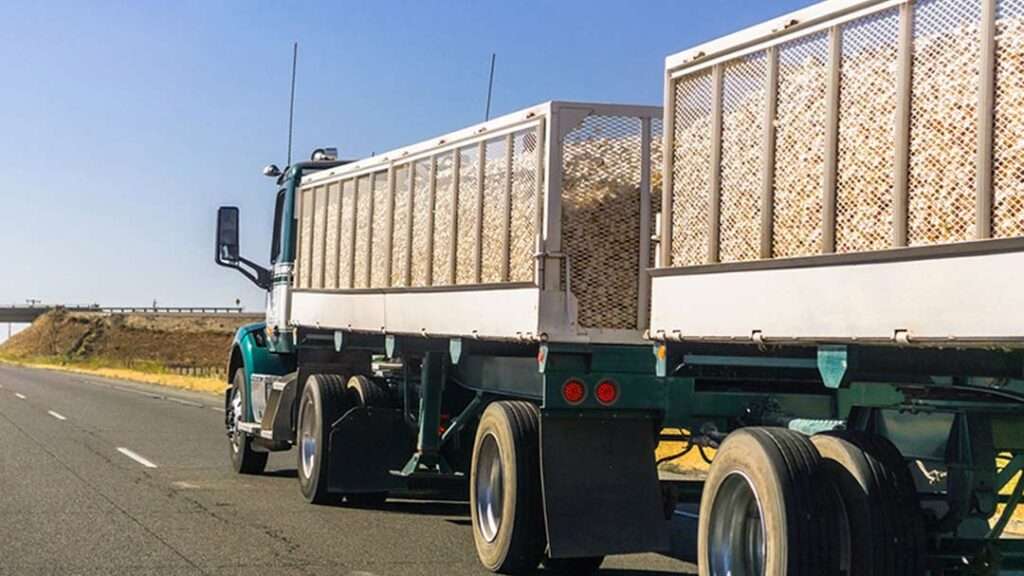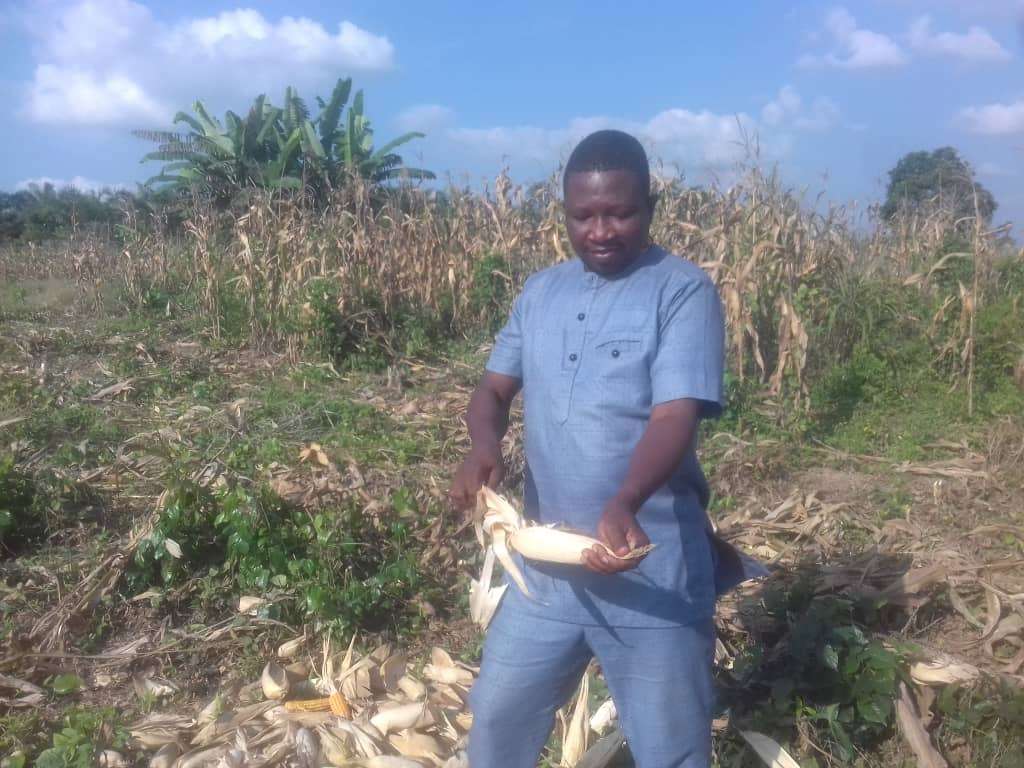Ghana is currently facing inflation at an 18-year high as food prices and transport costs surge. Inflation is quoted at 27.6% in May from 23.6% in the previous month, the highest pace of acceleration since January 2004.
In an interview, the Minister for Food and Agriculture stated that foodstuffs are left to rot in some parts of the country due to poor roads. Also, there are yearly reports of food glut across major food-producing centers in the country with similar reports of shortages in other places. Seasonal (temporal food glut and shortages) uneven distribution of food and general agricultural commodities is also common.
Most of them are not appropriate when transportation is made available. For example, tomatoes and other perishables are expected to be transported in a cold chain. Cold chain transportation refers to the transportation of food at low temperatures to guarantee the freshness of food during transportation to reduce loss. There are several instances that tomatoes and other perishables are moved from where they are produced, and by the time they reach where they are needed, a considerable portion of it is lost.

From the above, what is clear is that the country has food rotting away in some parts and at some seasons of the year while suffering from an unacceptably high level of inflation primarily driven by food prices. In effect, the country can only be reaping the results of a historic policy failure to connect increased production with efficient marketing.
Over the years, Ghana’s Agricultural sector policies and programmes have focused mainly on increasing production at the farm level without much attention to how the products resulting from the increased production will be efficiently distributed spatially (across space) and temporally (across time/seasons). The results are; wasted production, poorer smallholder farmers, and a nation of abundant output struggling for food at an affordable cost to feed its population.
Connect farm-level production interventions with marketing-level distribution interventions
The question now is, what can be done to match the production level with consumption across time and space? The answer is simple, connect farm-level production interventions with marketing-level distribution interventions among many and I propose the: Ghana Agricultural Commodities Transport Services (Ghana-ACTs)
Currently, there is no dedicated public sector transport arrangement for the transportation of agricultural commodities from production centers to other parts of the country. The distribution of the produced is solely left in the hands of private market players who make arrangements to transport food from the farm gate to the end consumer markets. With so many market intermediaries and individual transport arrangements, the products get to the final consumer market at a higher per-unit market cost, which is passed on to the final consumer.
With the Ghana-ACTs, the government can partner with the private sector to establish and operate dedicated agricultural products transport services at all regional food production epicenters for the real-time transportation of agricultural commodities across the country. The Ghana-ACTs will have a farmgate link to evacuate the product from the farm gates/rural outlets to dedicated centers for inter-regional distribution.

The government can use the already built buffer stock storage facilities across the country as a center for the aggregation and transits of the commodities. The facilities can be expanded and equipped with drying equipment for cereal drying and cool storage for perishable commodities.
A well-functioning ACT will ensure timely and easy evacuation of agricultural commodities from the farm level. Still, it will also reduce the per-unit transport cost to consumer markets. It will reduce post-harvest losses significantly and give better farmgate prices to producers. Ghana-ACTs will consolidate the production side gains and stabilize food prices and distribution across space and time.
The time to ACT is now, Covid-19 coupled with Russia-Ukraine, have taught a great lesson that the country cannot continue to rely on other countries, the time to rely on itself is now. It is a must to fix the food distribution system for efficiency and the practical proposal to fix it is the Ghana Agricultural Commodities Transport Services (Ghana-ACTs).
By
Zuobog Philip Neri
Agriculture and Food Security Consultant
PhD Candidate in Agricultural Economics-UDS, Tamale
READ ALSO: MTN Ghana Resumes Ashantifest With More Exciting And Life Enriching Activities




















